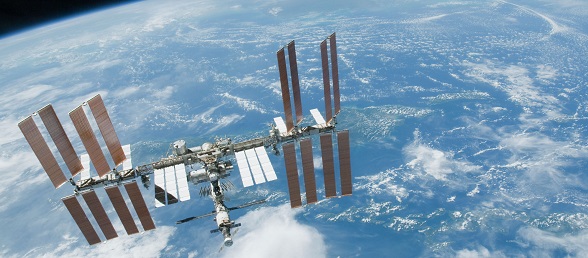
Investigators within the Division of Biomedical Engineering Sciences are focused on characterizing the impact of radiation exposure on biological systems from both clinical and environmental perspectives. Whether due to the use of radiation in the clinic (e.g. proton radiotherapy or full body CT scans), the threat of a nuclear terrorist attack (e.g. dirty bombs), or environmental exposure (e.g. spaceflight or due to a nuclear disaster such Fukushima, Japan), the need for understanding how radiation can alter physiology is increasingly apparent. Faculty members have expertise across a broad range of discipline including electrophysiology, immunology and neurophysiology to bio-engineering, physics and computer modeling.
Investigators within the Division perform translational research directed at clinical applications of different forms of particle radiation (protons, ions, electrons, neutrons) in therapy for cancer and other diseases, as well as imaging. The Division supports projects and graduate studies in the fields of radiobiology, medical physics, and general physics (accelerators, detectors, particles) and has access to research beam time at not only at the LLU Medical Center, but also at a network of national and international centers that provide particle beams for research. Division investigators are currently working with the National Cancer Institute in planning a future National Center for Particle Beam Therapy Research in the United States. The new center will provide all resources for effective particle beam therapy research including, wet labs, a research beam line providing protons and ions up to oxygen at energies suitable for in vitro and in vivo studies and access for patients with radioresistant tumors of the brain, skin, chest wall, head and neck.
LLU also has a long history of spaceflight-related research. Indeed, not only are most of the investigators within the Division of Biomedical Engineering Sciences funded by NASA, but the LLU Proton Treatment Center was built, in part, with NASA funds to explore the radiation component of the spaceflight environment. Over the last two decades, this small but dedicated team has performed a wide variety of ground-based research using models for the three major components of the spaceflight environment: 1) low dose radiation inherent to solar particle events and galactic cosmic rays, 2) changes in the gravitational load, and 3) psychological/physiological stressors. LLU investigators also have considerable experience with actual spaceflight studies flown onboard the US Space Shuttle and the International Space Station, including three rodent flights flown on board STS-108 (2001), -118 (2007) and -135 (2011). In doing so, LLU investigators have established strong working relationships with the NASA Space Radiation Laboratory at the Brookhaven National Laboratory, the Ames Research Center and the Kennedy Space Center.
Areas of research focus include:
- Accelerated Aging
- Cardiovascular Disease
- Electrophysiology
- Immunology (Innate and Adaptive)
- Metabolomics and Proteomics
- Neuroinflammation & Neurocognitive Disease
- Neurovasculature (Brain and Retinal)
- Radiation Countermeasure Development (Radioprotectants and Radiomitigators)
- Radiation Physics (Modeling, Dosimetry, Hardware Development)
- Radiation Therapy (Cancer)
- Spaceflight Physiology
